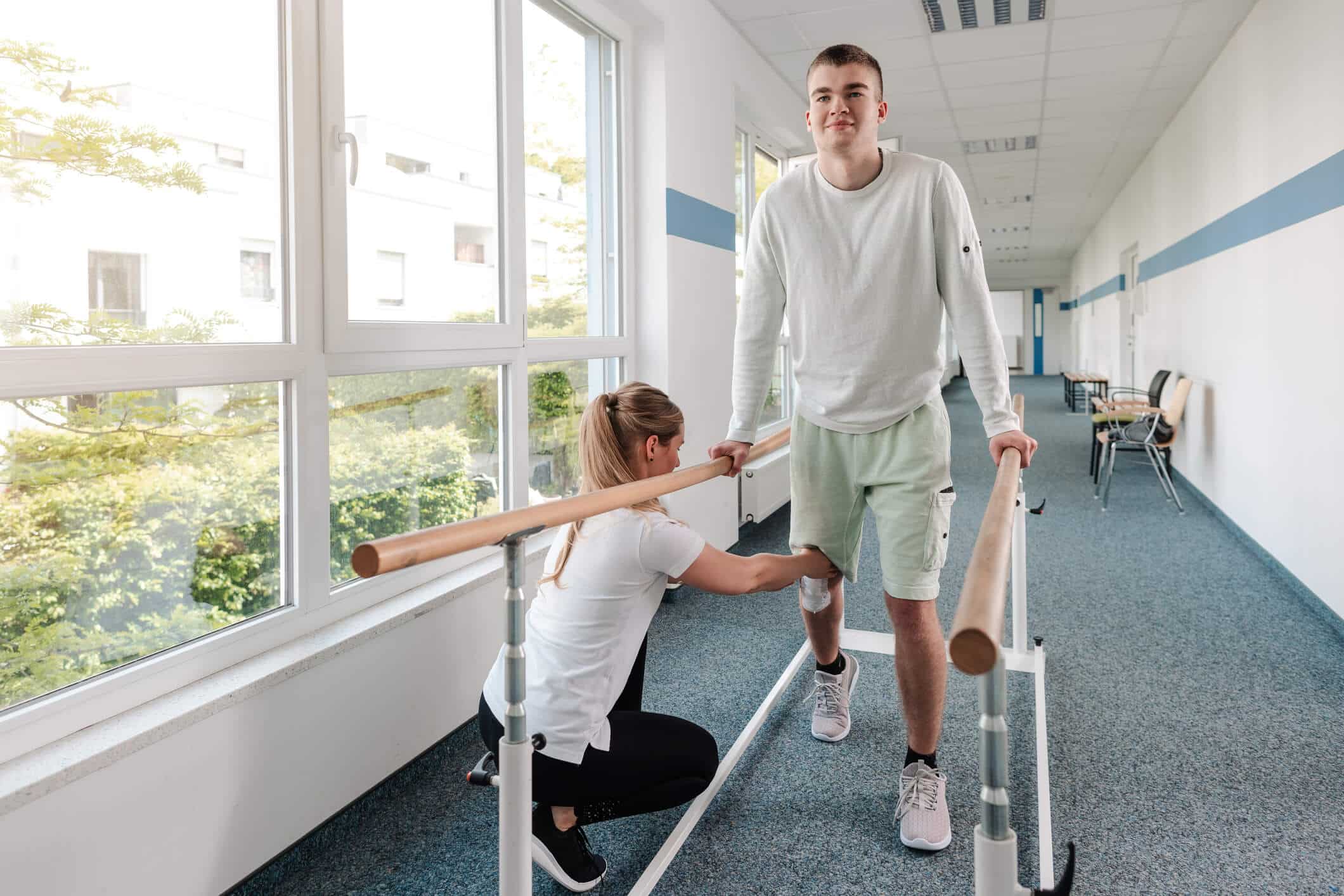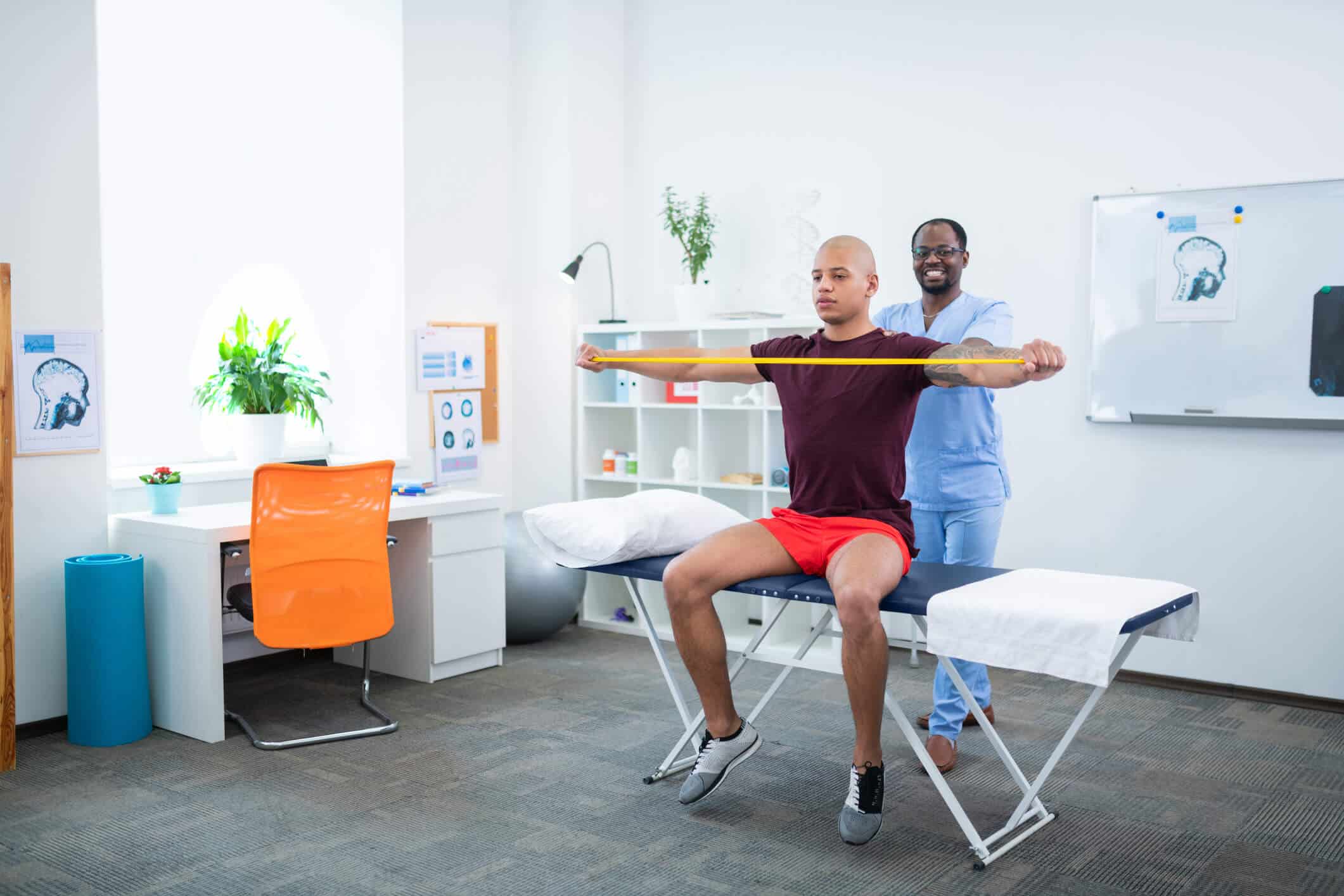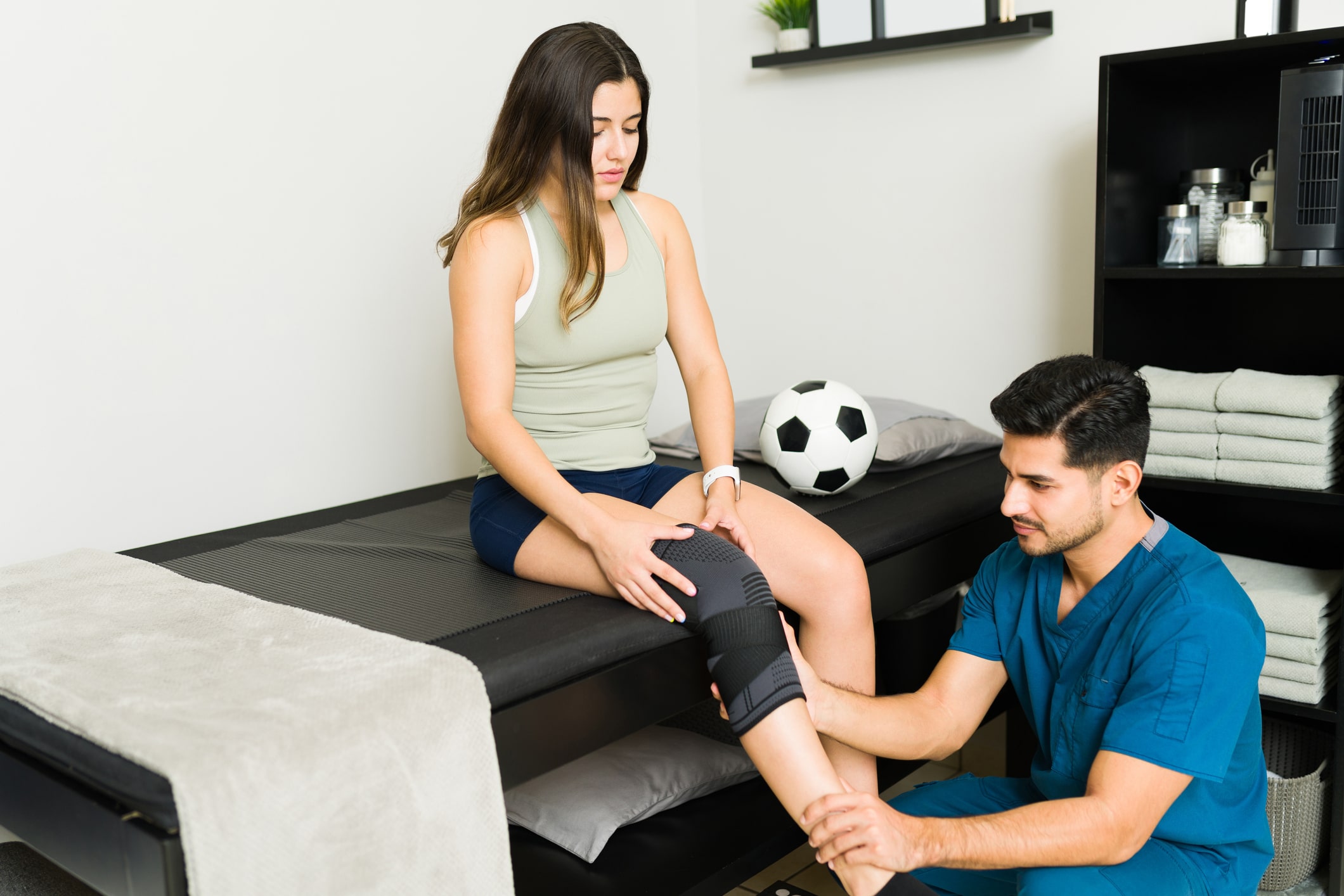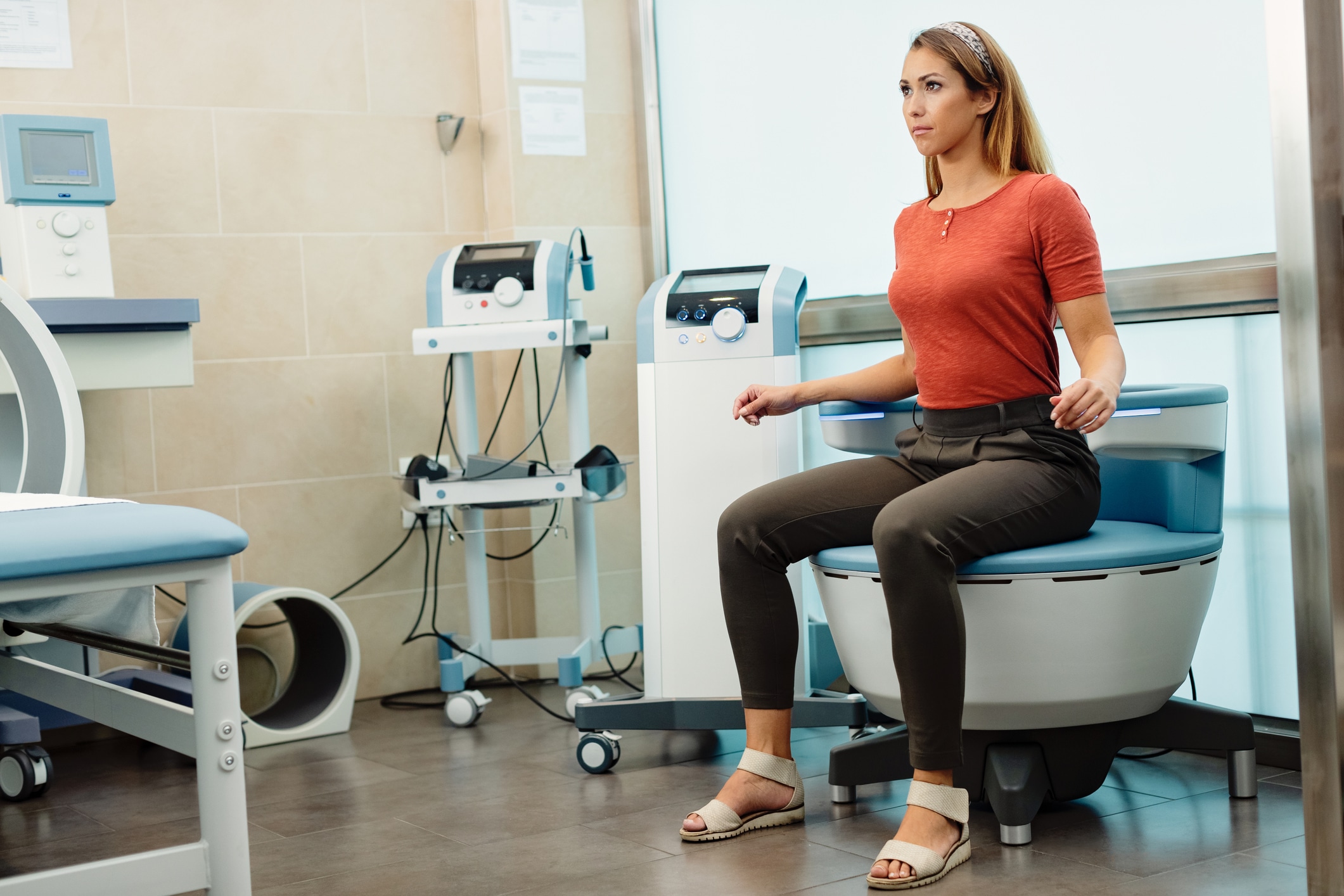What Is Athletic Therapy? Plus 3 Other Important Questions
In this article, we will answer the question of what is athletic therapy. We will then briefly present three other facts about the profession that many people may not previously have been aware of.
Athletic Therapy – otherwise known as athletic training – is a branch of health care that is closely related to physiotherapy. Its roots can be traced back to 460 BC. In that year, Hippocrates (widely regarded as the father of the medical profession) is believed to have started practising massage therapy. This was probably the first use of manual manipulation.
What Is Athletic Therapy?
Athletic therapy is a health care profession that is closely related to that of sports medicine. As with other sports medicine practtitioners, its practitioners are effective in treating musculoskeletal injuries. The medical care they provide can be categorized into three areas -on site care, injury assessment and rehabilitation.
Most of the injuries they deal with tend to be the result of athletic activity. This can be activity by either “weekend warriors” or professional athletes. They can also advise patients on injury prevention, either through physical training techniques or by wearing protective gear.
As mentioned above, athletic therapy is closely related to physiotherapy. However, the two professions are somewhat different. For an understanding of these differences, we refer you to our article on the differences between physiotherapy and athletic therapy.
What Treatment Techniques Are Used By Athletic Therapists?
Another important question related to what is athletic therapy is that of the techniques used in this branch of health care. These techniques can include the following:
- Use of bracing and taping to treat overuse and other soft tissue injuries.
- Manual therapies such as massage;
- Modalities such as the use of electrotherapy;
- Treatment by way of postural correction;
- Exercise prescription (particularly during rehabilitation).
Athletic therapists are required to adhere to the Sports Medicine Model of Care. This emphasizes the importance of prevention, early intervention, proper diagnosis, rehabilitation and activity stimulation in the delivery of adequate healthcare.
What Are The Qualities Required To Succeed In Athletic Therapy?
This is another issue that is also integral to answering the question of what is athletic therapy.
As with most other branches of health care, athletic therapy requires a sense of empathy with patients. A therapist must be able to provide moral support to an athlete who may be suffering a career threatening injury.
A background of playing competitive sports is an advantage. Tt helps in understanding the psychology of the athlete you are treating.
Athletic therapists also need to be quick thinking on the field. Emergency care can be required at any time without notice. They must be able to respond when someone gets hurt and be experts at injury assessment.
The therapist needs to choose the correct mix of on site care as well as manual therapy, modalities and exercise prescription. This is critical to achieving full patient recovery in a satisfactory time.
An important part of treatment, which should not be overlooked, is that of rehabilitation. In many cases, it is their rehabilitation skills that makes athletic therapists stand out from other related health care professions.
How Does One Become A Certified Athletic Therapist?
In Canada, the process of becoming a certified athletic therapist is governed by the Canadian Athletic Therapists Association (CATA). Generally speaking, the process is as follows:
- Successfully complete a CATA approved program at undergraduate degree level;
- Obtain a First Responder Certificate;
- Maintain a valid Basic Life Support certificate;
- Pass the CATA National Certification Examination.
In addition to the above, certified athletic therapists must maintain their status with CATA. They must also adhere to CATA’s Scope of Practice, By Laws and Codes of Ethics & Professional Conduct.
In Closing
In this article, we have attempted to answer the question of what is athletic therapy. We have also attempted to answer three other closely related questions. We hope that this article has been helpful to those seeking more information on this growing profession.








